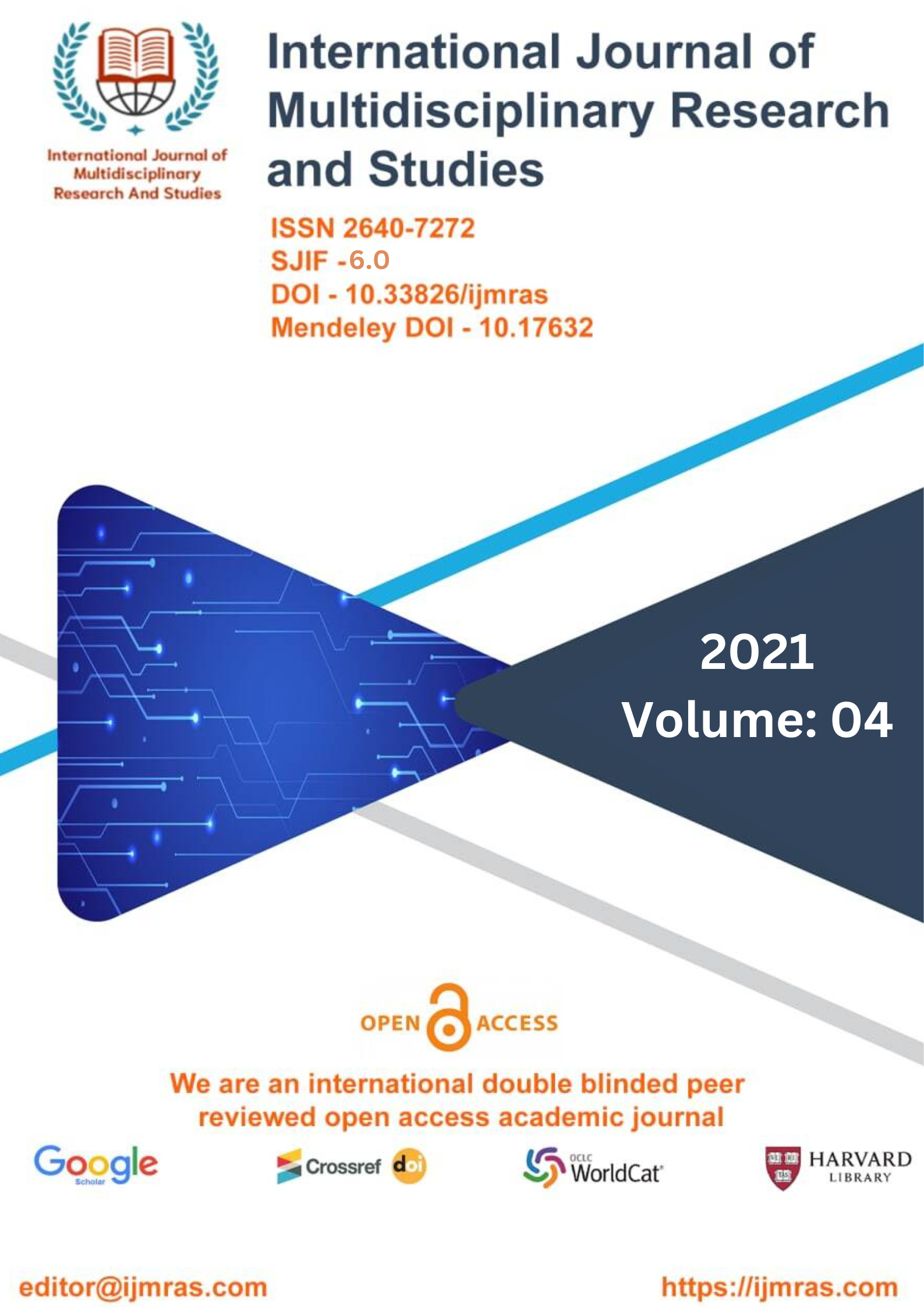Literary analysis of my truth experiments

Abstract
The life of Mahatma Gandhiji is the most well-known example that we use and one that we study with great pride. There are peculiar events in his life that he narrates in his autobiography, and it is probably only he who could narrate them not only as the person who lived through those events, but also as the thinker and philosopher who could retrospectively evaluate them in the relevant context, and as the critic and narrator who could scrutinise their worth even in narration. In other words, he is probably the only person who could narrate them. The manner in which he creates the title of his autobiography is a very serious confession, and one can see that his comedic sense of accepting life as it comes is also represented as he dares to name the experiences that he has had throughout his life experiments. In addition, it is only because Mahatma Gandhiji had such a great sense of observation and idea that he was able to identify it as the account of not simple experiments, but rather his experiments with the truth. With Mahatma Gandhiji's visionary illustration of the same genre, autobiography has now become a kind of self-experiment-with-truth, and the truth that replaces life is actually synonymous with the truth that life was spent in seeking. Originally, autobiography was taken as the self-life-in-written script; however, with Gandhiji's visionary illustration of the same genre, autobiography has now become a kind of self-experiment-with-tru Mohandas, the barrister who had the brains of Mahatma, the father of the nation, may have been the would-be father, so to speak, at that time; however, he was the one who could combine the life he lived with the truth he identified as his personal truth to be identified in universal view and call it the experiment in the context of rationalising like an experiment in the laboratory of science. An ideological jumble in philosophy, to be sure; however, it is Mohanda In point of fact, the issue is not who the narrator is insofar as the knowledge of universal experiences is concerned; rather, the question is whether or not an individual is telling his or her own life in the first-person voice.
Keywords
Experiments, Autobiography, PhilosophyHow to Cite
References
Ashram Observances in Action. (Ahmedabad, Navjivan Publishing House, 1955).
Congress and its Future. (Ahmedabad, Navjivan Publishing House, 1960).
Constructive Programme -Its Meaning and Place. (Ahmedabad, Navjivan Publishing House, 1941).
Correspondence with the Government 1944-47]. (Ahmedabad, Navjivan Publishing House, 1959).
Health Guide. (Bombay, Pearl Publications Pvt. Ltd, 1965).
How to Serve the Cow. (Ahmedabad, Navjivan Publishing House, 1954).
Hind Swaraj orIndian Home Rule. (Ahmedabad, Navjivan Publishing House, 1982).
Ruskin’s Unto This Last-A Paraphrase. (Ahmedabad, Navjivan Publishing House, 1968).
Sarvodaya: The Welfareofall. (Ahmedabad, Navjivan Publishing House, 1984).
Satyagraha. (Allahabad, All-India Congress Committee, Swaraj Bhavan, 1935).
Satyagraha in South Africa. (Ahmedabad, Navjivan Publishing House, 1950).
Stonewalls Do not a Prison Make. (Ahmedabad, Navjivan Publishing House, 1964).
Self-Restraint v/s. Self-Indulgence. (Ahmedabad, Navjivan Publishing House, 1950).
The Problem ofEducation. (Ahmedabad, Navjivan Publishing House, 1962).
Ahluwalia B.K. Sardar Patel: A Life. (New Delhi, Sagar Publications, 1974).
Andrew C.F. Gandhi: His Mind and Thought. [London, 1935]. Mahatma Gandhi’s Ideas. (London, Allen and Unwin, 1930).
License
Copyright (c) 2021 NIKETAN KUMAR SINGH

This work is licensed under a Creative Commons Attribution 4.0 International License.
Individual articles are published Open Access under the Creative Commons Licence: CC-BY 4.0.




